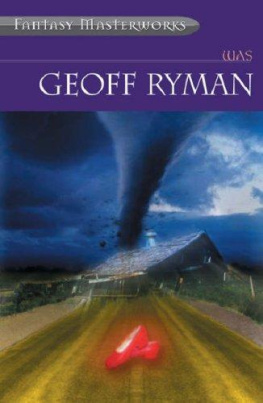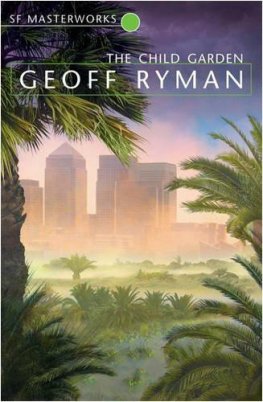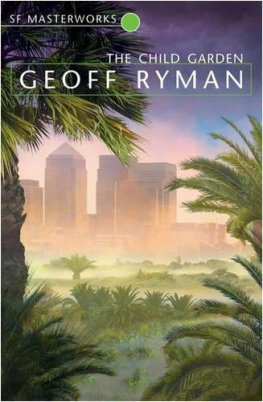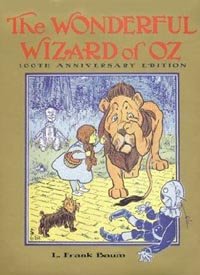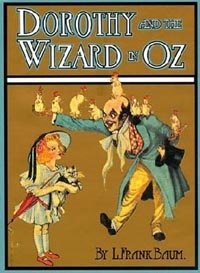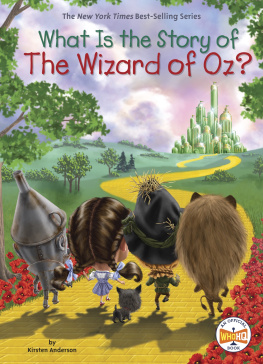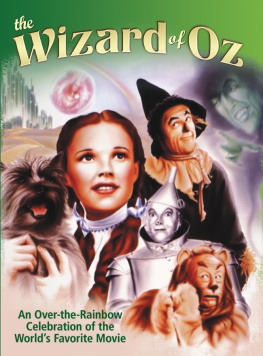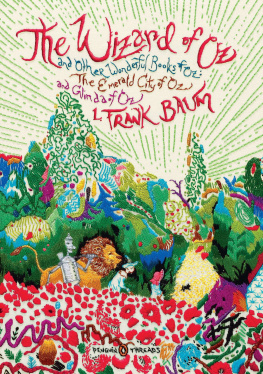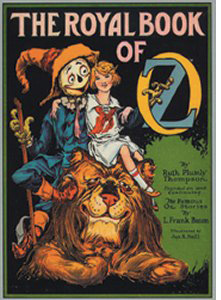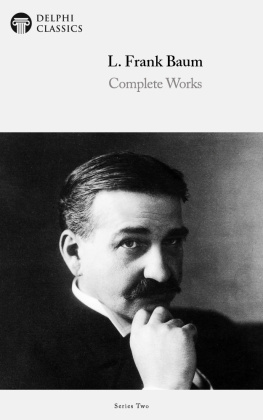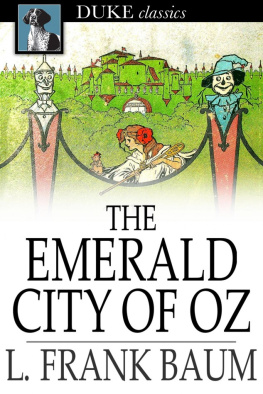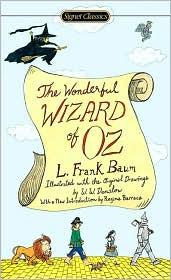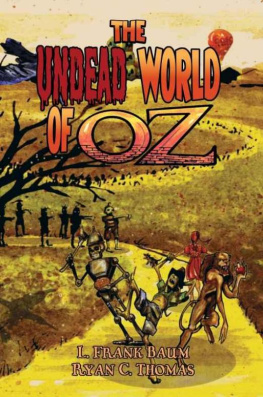
This is the use of memory:
For liberation-not less of love but expanding
Of love beyond desire, and so liberation
From the future as well as the past. Thus, love of a country
Begins as attachment to our own field of action
And comes to find that action of little importance
Though never indifferent. History may be servitude,
History may be freedom.
T.S. Eliot, Four Quartets
Part One. The Winter Kitchen
Manhattan, Kansas-September 1989
During the spring and summer I sometimes visited the small Norwegian Cemetery on a high hill overlooking a long view of the lower Republican Valley. In late evening a cool breeze always stirs the two pine trees which shade a few plots, just south of the Cemetery in a little ravine is a small pond surrounded with a few acres of unbroken prairie sod. On the rise beyond the ravine a few large trees grow around a field. They are the only markers of the original site of my Grandfather's homestead. My Grandmother once told me that when she stood on the hill and looked southwest all she could see was prairie grass. An aunt told me of walking over the hills to a Post Office on the creek there. I can remember when a house stood just across the field to the west and now I can still see an old tree and a lonely lilac bush on the next hill where a few years ago a house and farm building stood. Of the ten houses I could see from this hill when I was a child, now only two exist-but instead of the waving prairie grass which Grandmother saw in the 1870s, there are rectangles and squares of growing crops and trees along the roads. A few miles distant the dark green of trees, with a water tower, tall elevator and an alfalfa mill rising above them define the area of a small town.
Elinor Anderson Elliott, The Metamorphosis of the Family Farm in the Republican Valley of Kansas: 1860-1960, MA thesis, Kansas State University
The municipal airport of Manhattan, Kansas, was low and brown and rectangular, and had a doorway that led direct from the runway. The last passenger from St. Louis staggered through it, his cheek bristly, his feet crossing in front of each other as he walked. He blinked at the rows of chairs and Pepsi machines and then made his way to the Hertz desk. He gave his name.
"Jonathan," he said, in a faraway voice. Jonathan forgot to give his last name. He was enchanted by the man at the Hertz desk, who was long, lean, solemn, wearing wire glasses. He reminded Jonathan of the farmer in the painting American Gothic. Jonathan grinned.
He passed the man an airport napkin with a confirmation number written on it. American Gothic spoke of insurance and had forms ready to sign. Jonathan put check marks in the little boxes and passed over a credit card. He waited, trying not to think about how ill he was. He looked at a map on the wall.
The map showed Manhattan the town and, to the west of it, Fort Riley, the Army base. Fort Riley covered many miles. It had taken over whole towns.
Jonathan did not know there had once been a town in Kansas called Magic. There had even been a Church of Magic, until the congregation had to move when the Army base took over. The ghost towns were marked. Fort Riley DZ. DZ Milford. The letters D were ambiguously rounded.
Quite plainly on the map, there was something that Jonathan read as "OZ Magic."
It had its own little box, hard by something called the Artillery and Mortar Impact Area, quite close to a village called Keats.
"There you go," said American Gothic. He held out car keys.
"What's this mean?" Jonathan asked, pointing at the words.
"DZ?" the man said. "It means 'Drop Zone.' "
There were little things on the map called silos. Jonathan thought the silos might be for storing sorghum.
"At the end of the world," said the man at the Hertz desk, "it will rain fire from the sky." He still held out the car keys. "Manhattan won't know jack shit about it. We'll just go up in a flash of light."
Not a single thing he had said made any sense to Jonathan. Jonathan just stared at the map.
"Anyway," said American Gothic, "you got the gray Chevrolet Celebrity outside."
Jonathan thought of Bob Hope. He swayed where he stood. Sweat trickled into his mouth.
"You all right?" the man asked.
"I'm dying," said Jonathan, smiling. "But aside from that I'm pretty good, I guess." It was an innocent statement of fact.
Too innocent. Ooops, thought Jonathan. Now he won't rent me a car.
But this was Kansas, not Los Angeles. The man went very still for a moment, then said quietly, "You need a hand with your luggage?"
"Don't have any," said Jonathan, smiling almost helplessly at the man, as if he regretted turning him down.
"You from around here? Your face looks kinda familiar."
"I'm an actor," Jonathan replied. "You may have seen me. I played a priest in 'Dynasty.' "
"Well, I'll be," said American Gothic. "What you doing here then?"
It was a long story. "Well," said Jonathan, already imitating the other man's manner. "I suppose you could say I'm here to find somebody."
"Oh. Some kind of detective work." There was a glint of curiosity, and a glint of hostility.
"Something like detective work," agreed Jonathan, and smiled. "It's called history." He took the keys and walked.
Manhattan, Kansas-September 1875
After the Kansas were placed on the greatly reduced reservation near Council Grove, a substantial decline occurred. For example, in 1855-the year their agent described them as "a poor, degraded, superstitious, thievish, indigent" type of people-the Commissioner of Indian Affairs reported their number at 1,375. By 1859 it was down to 1,035 and in 1868 to 825. Finally, while this "improvident class of people" made plans for permanent removal to Indian Territory, an official Indian Bureau count placed their number at "about 600." Clearly the long-range trend appeared to be one of eventual obliteration. -William E. Unrau, The Kansa Indians: A History of the Wind People, 1673-1873
The brakeman danced along the roofs of the train cars, turning brake-wheels. The cars squealed and hissed and bumped their way to a slowly settling halt. The train chuffed once as if in relief.
There was a dog barking. The noise came from within the train, as regular as the beating of its steam-driven heart. The dog was hoarse.
The door of a car was flung open, pushed by a boot, and it crashed against the side of the train. A woman all in black with a hat at an awkward angle was dragging a large trunk case. A little girl all in white stood next to her. The white dress sparkled in sunlight, as if it had been sprinkled with mirrors. The dog still barked.
"Where's my doggy? We're going to leave my doggy!" said the child.
"Your doggy will be along presently. Now you just help yourself down those steps." The woman had a thin, intelligent face. Her patience was worn. She took the child's hand and leaned out of the car. The child dangled, twisting in her grasp. A huge sack was thrown out of the next car and onto the platform like a dead body.
"Aaah!" cried the child, grizzling.
"Little girl, please. Use your feet."
"I can't!" wailed the child.
The woman looked around the platform. "Johnson!" she called. "Johnson Langrishe, is that you? Could you come over here please and help this little girl down from the train?"
A plump and very pimply youth-his cheeks were almost solid purple-loped toward the train, hair hanging in his eyes under a Union Pacific cap. The woman passed the child down to him. Johnson took her with a grunt and dropped her just a little too soon onto the platform.
Next page

